Usambara Berge
Δημοσίευσε: 30.10.2023
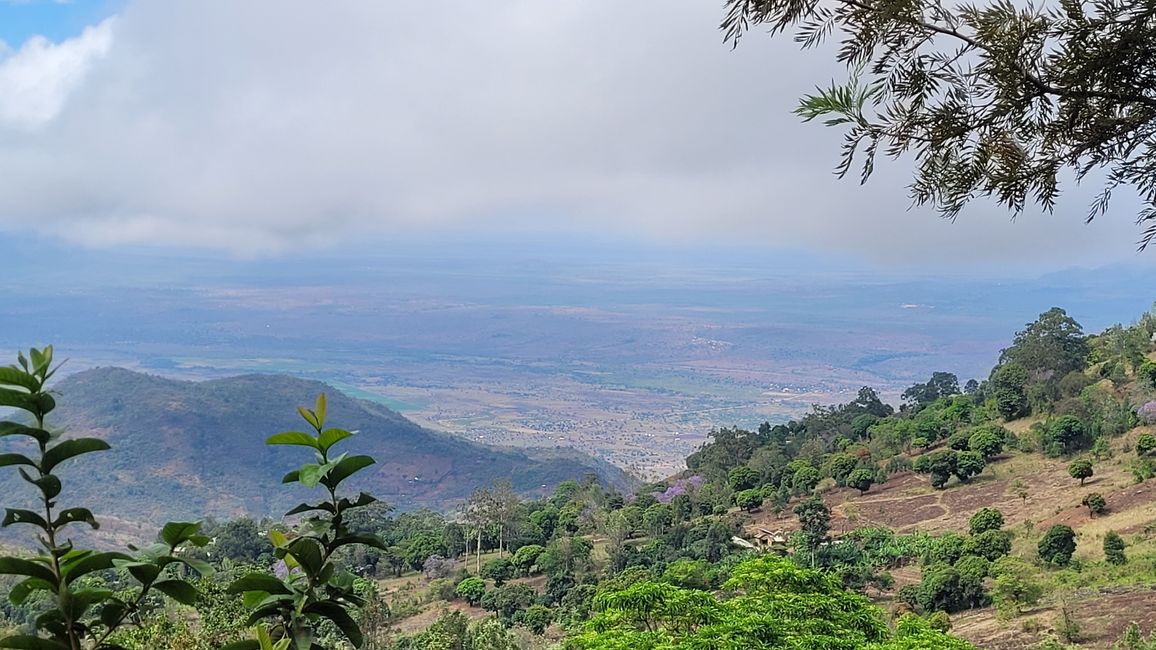
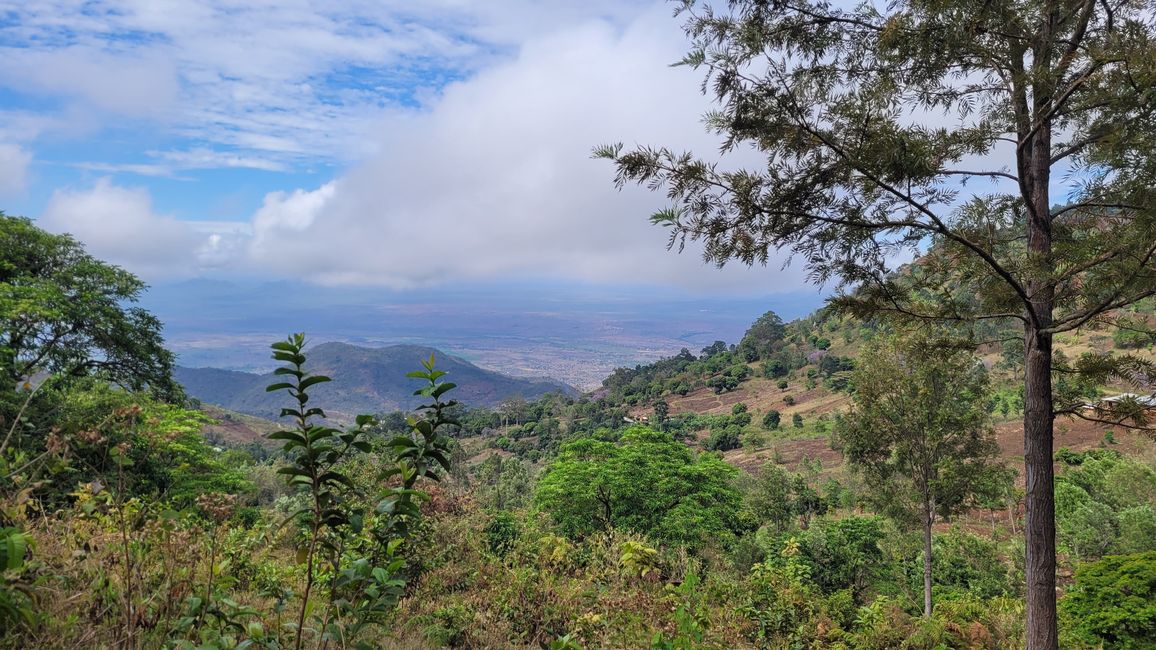
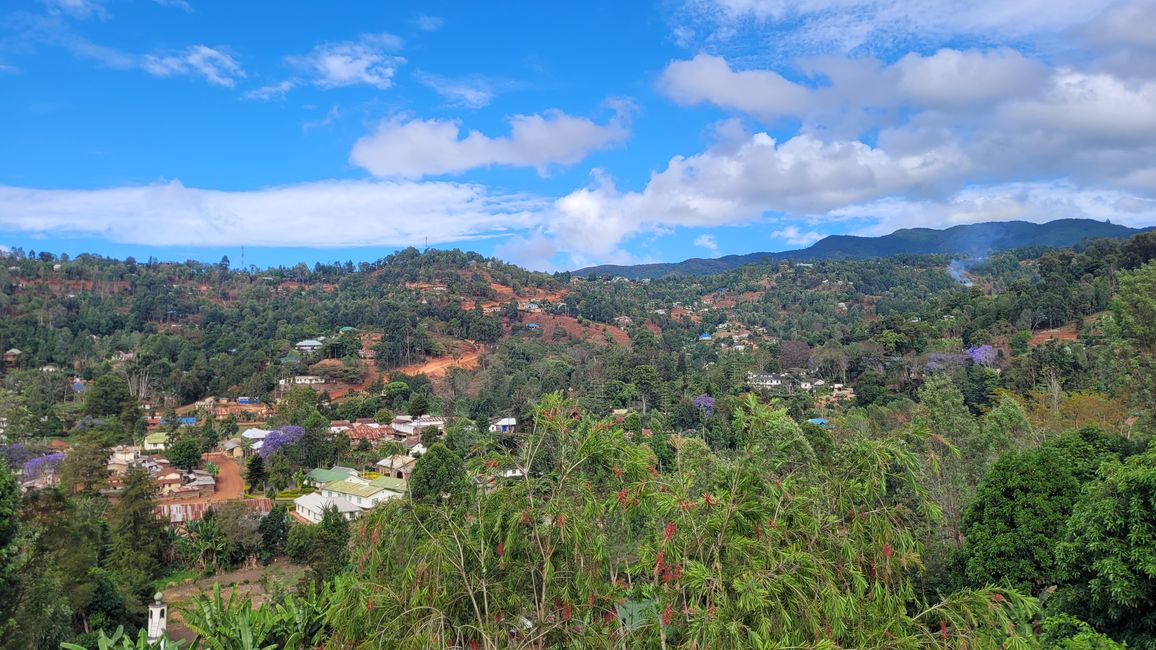
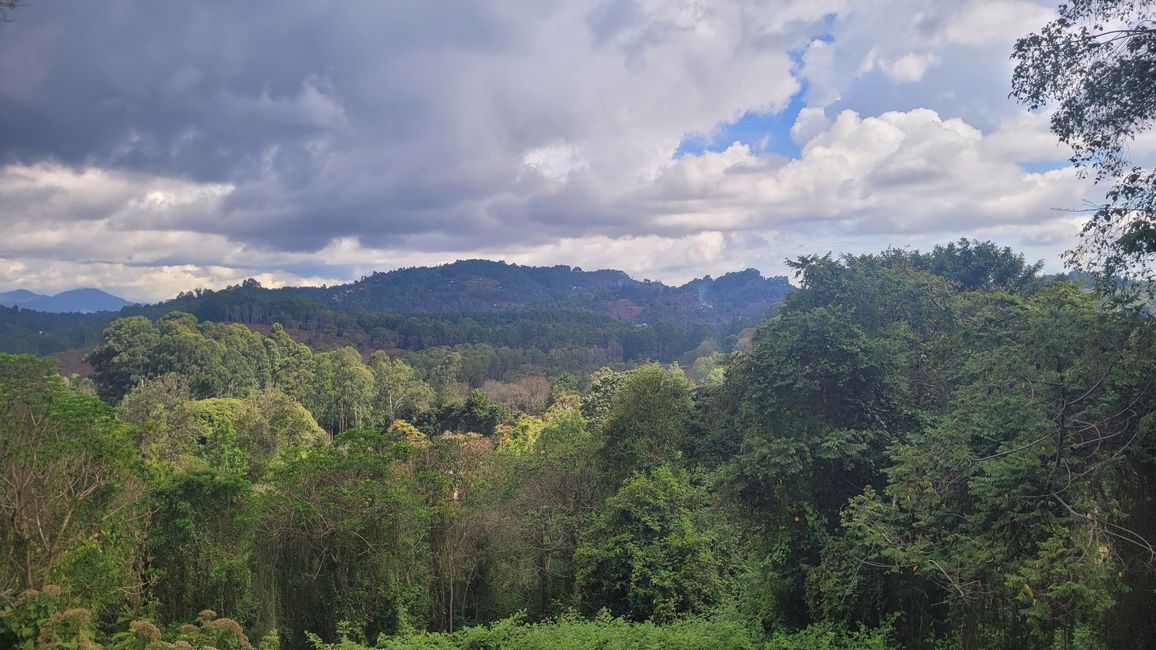
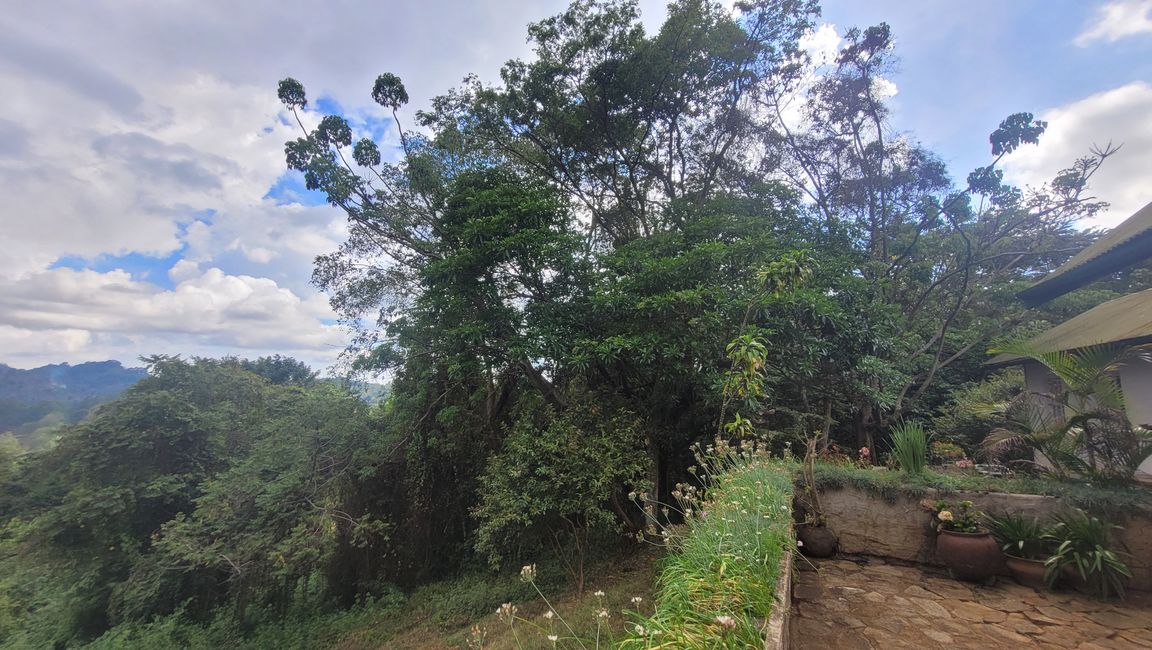
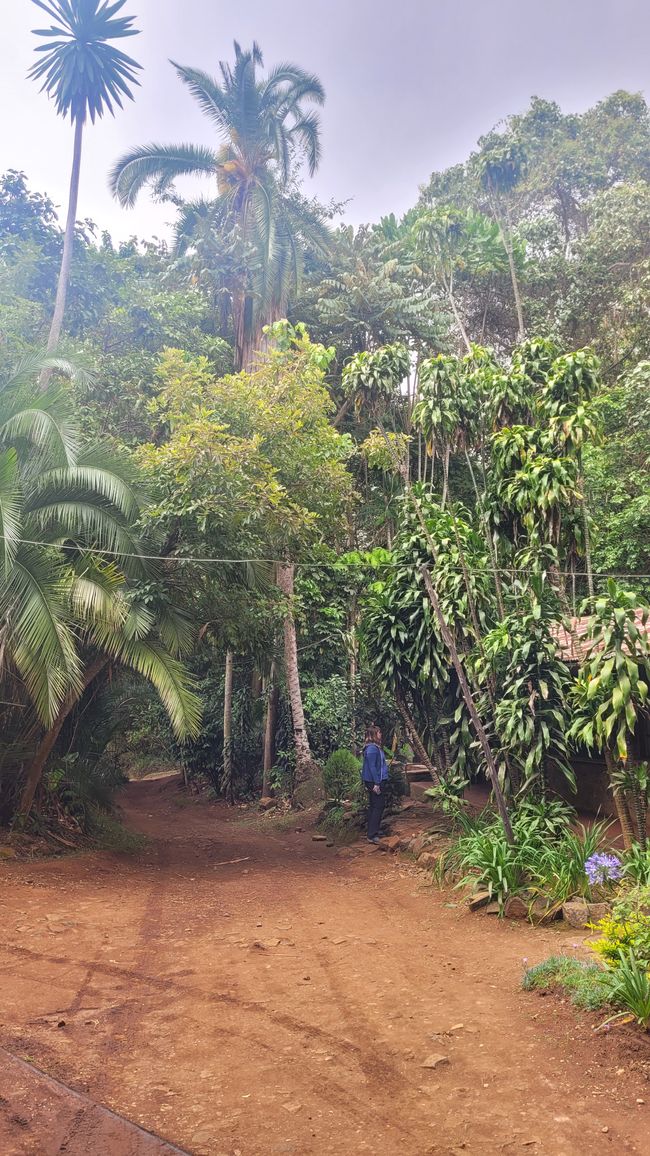
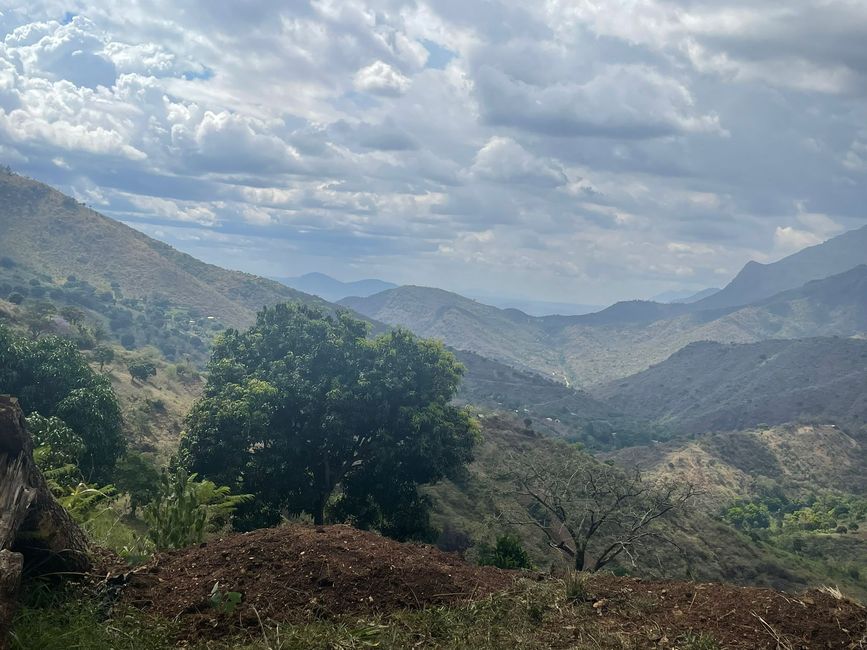
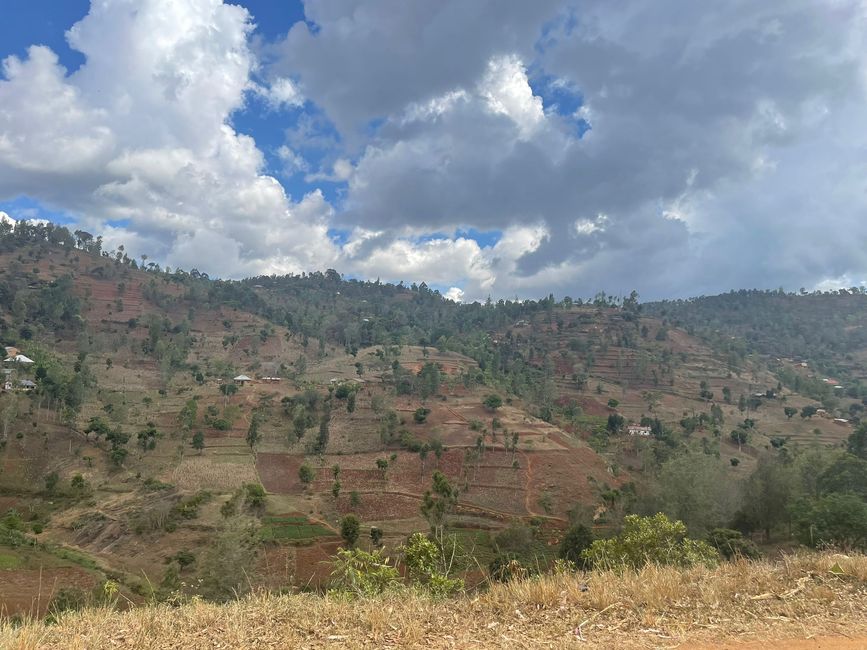
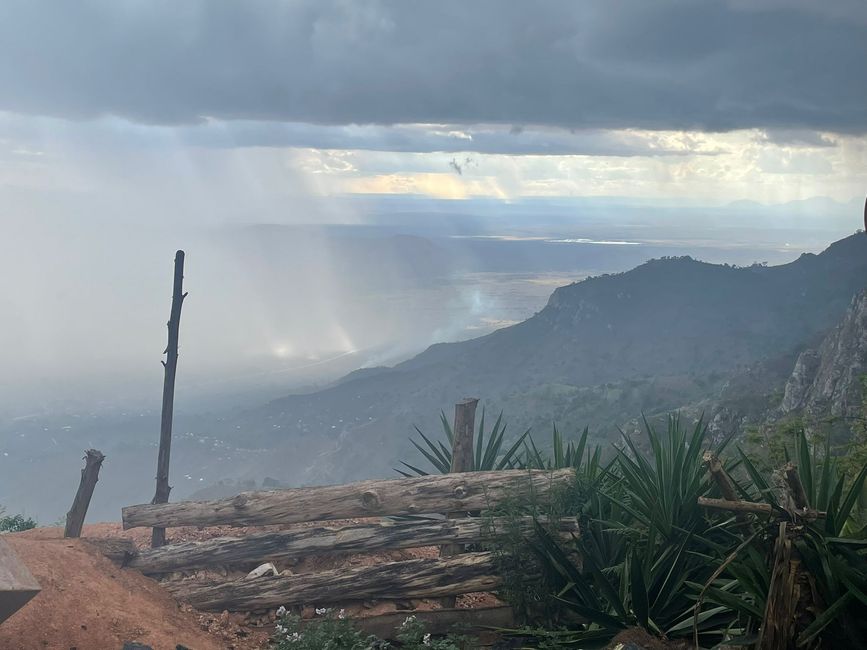
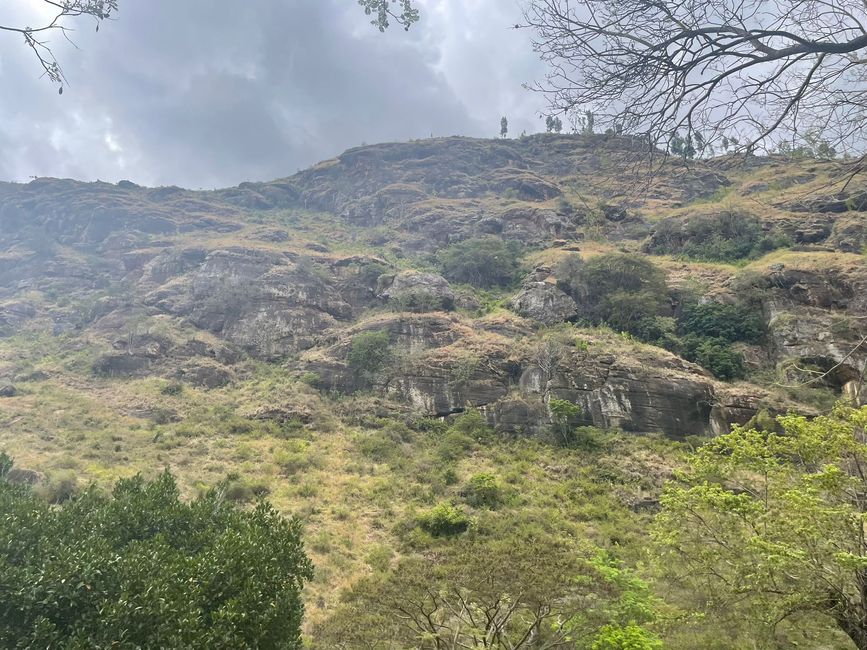
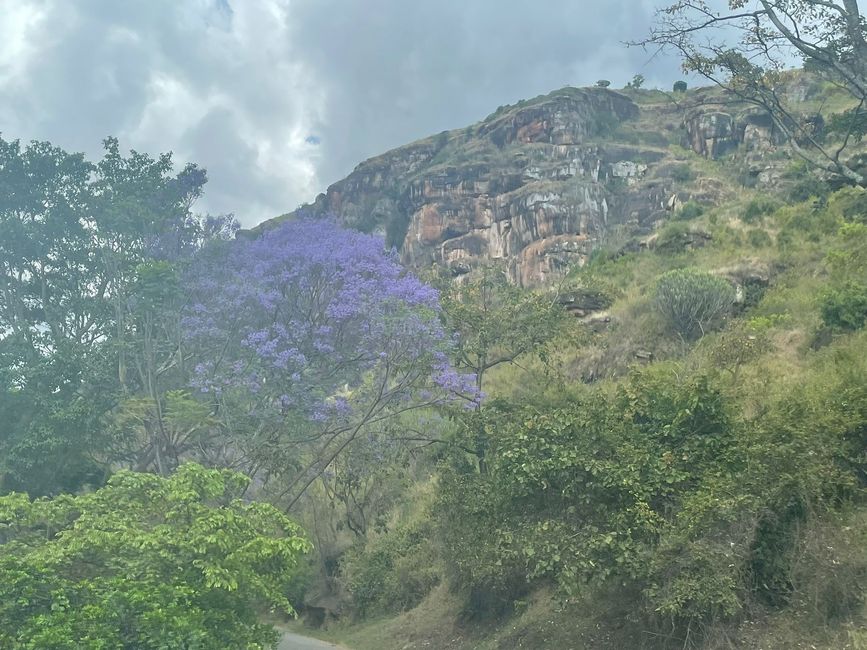
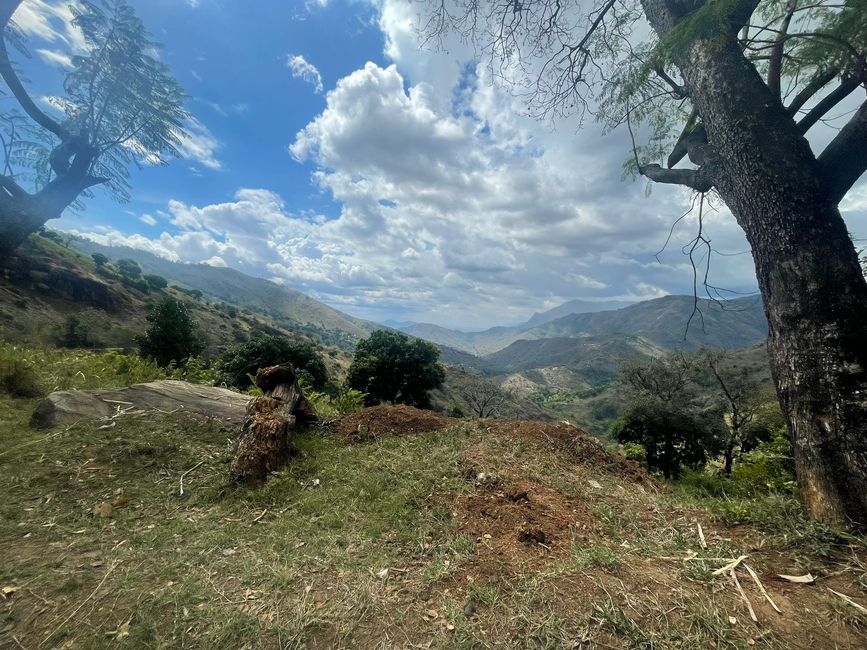
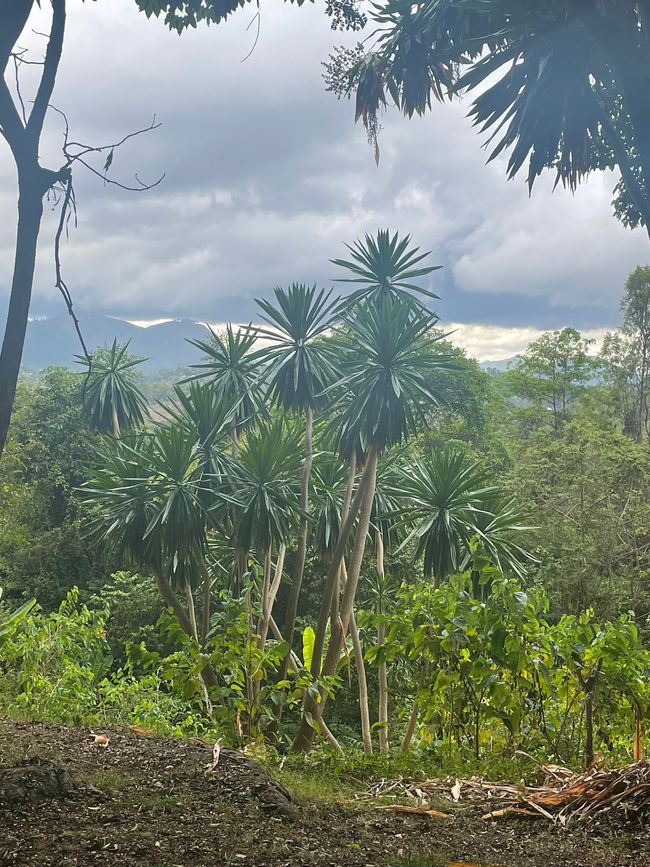
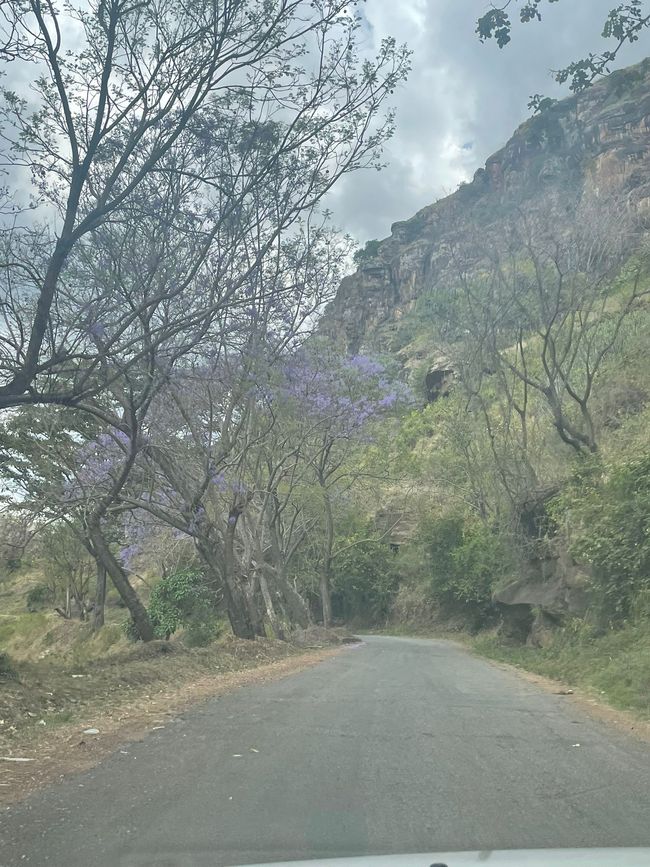
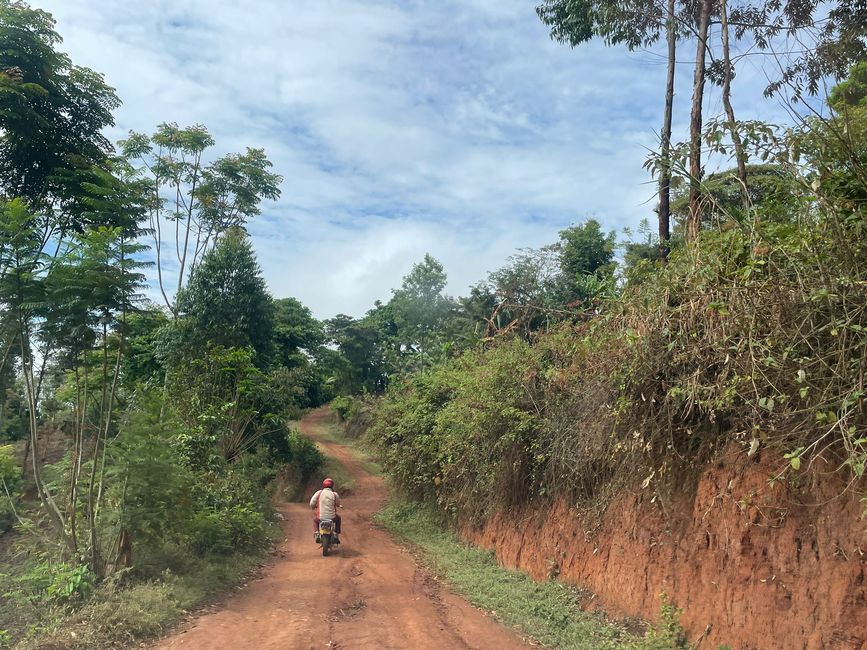
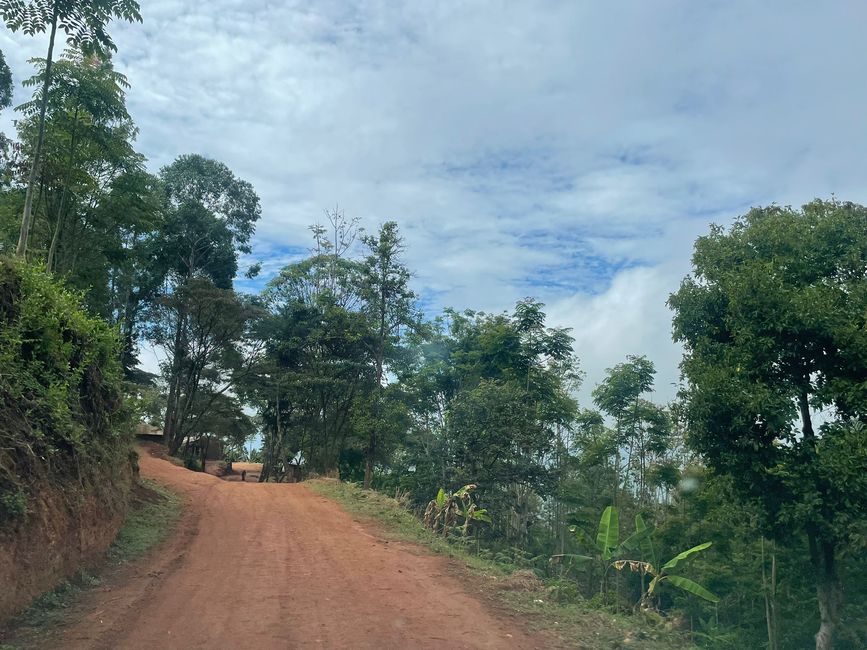
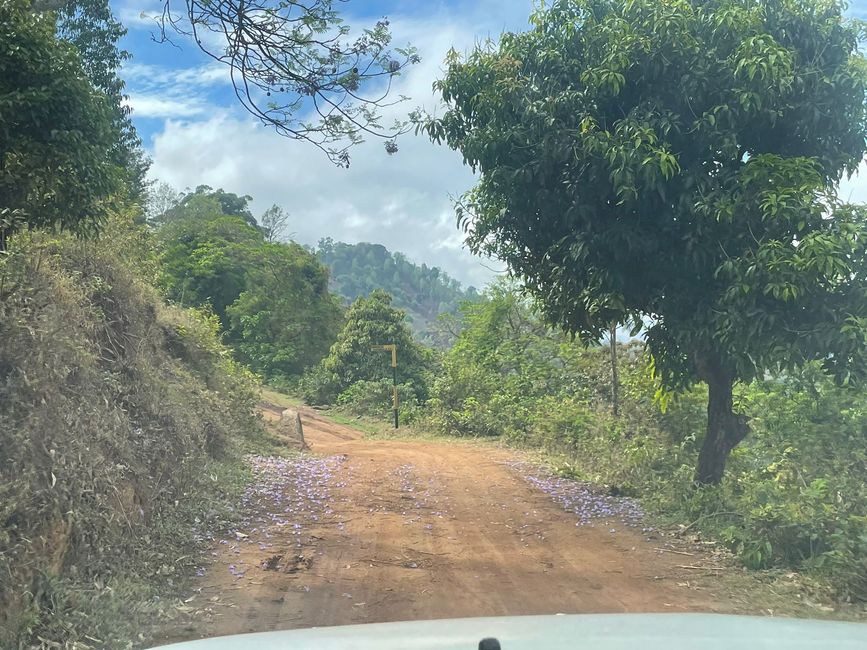
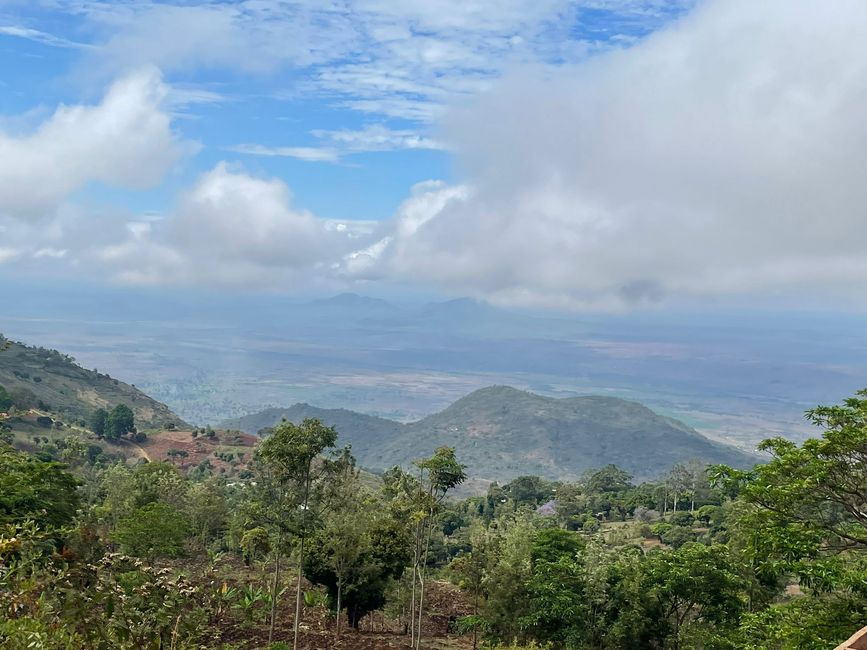
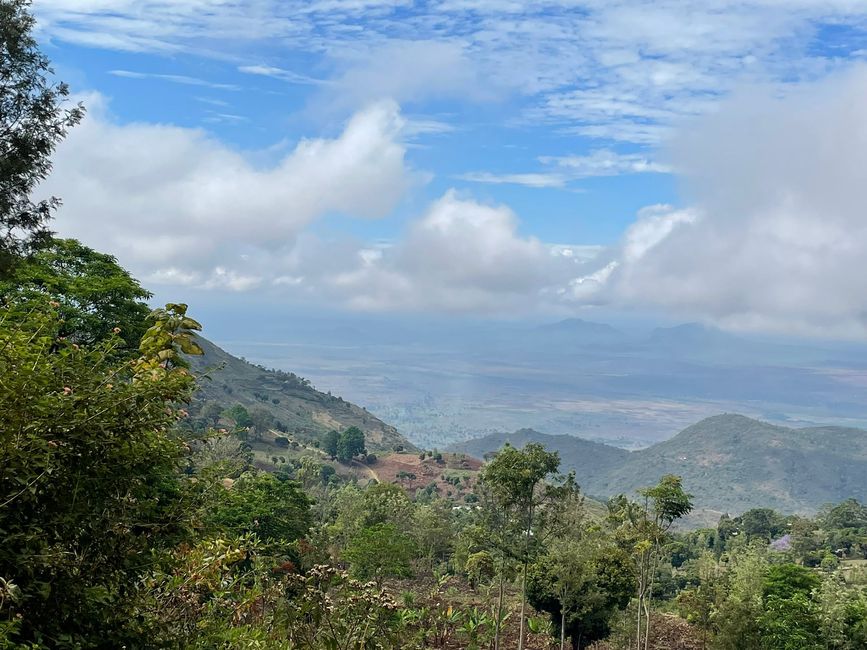
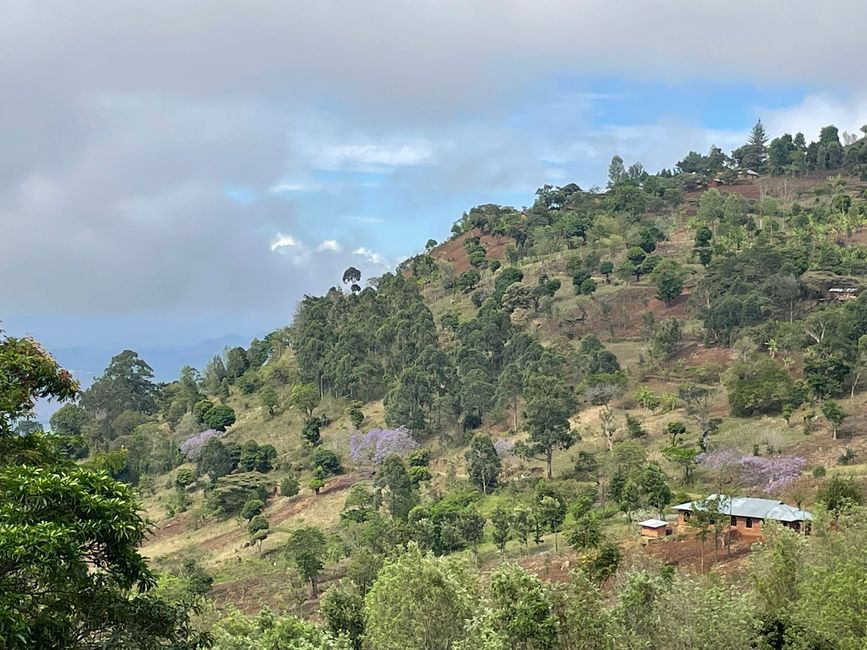
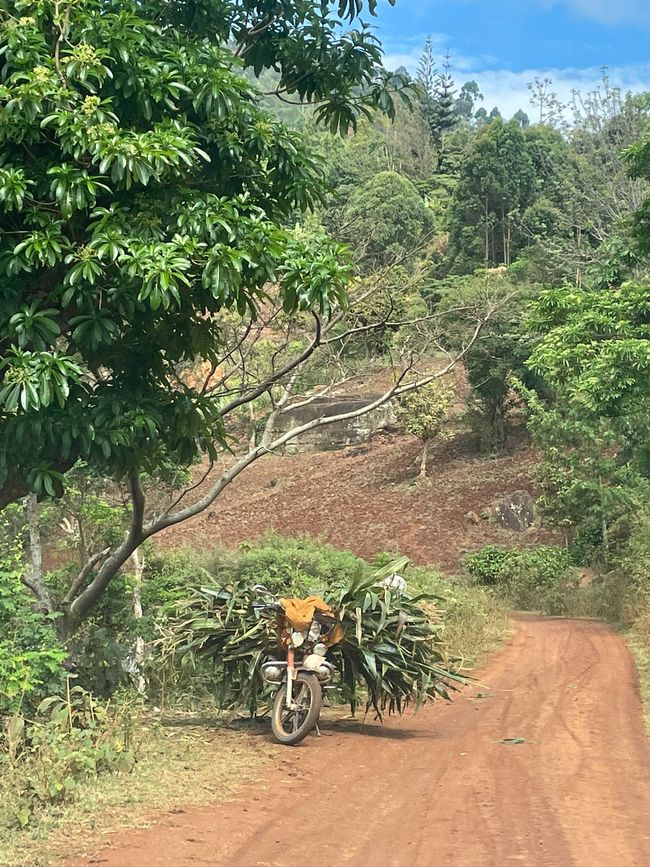
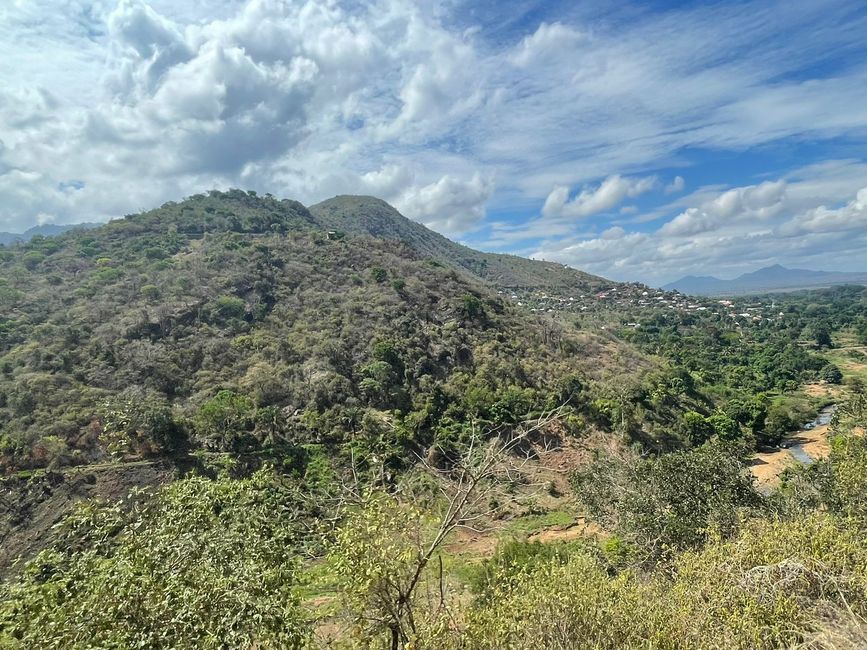
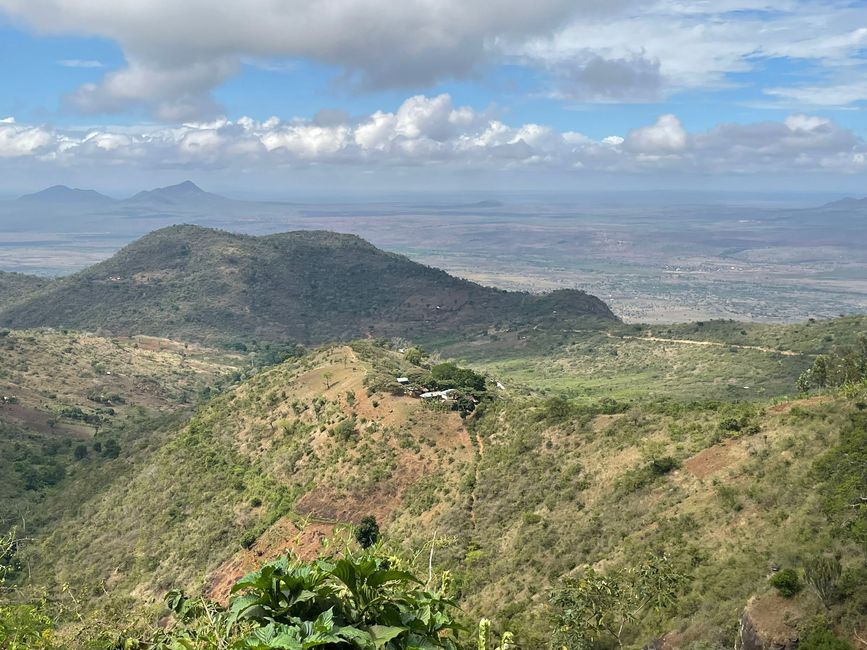
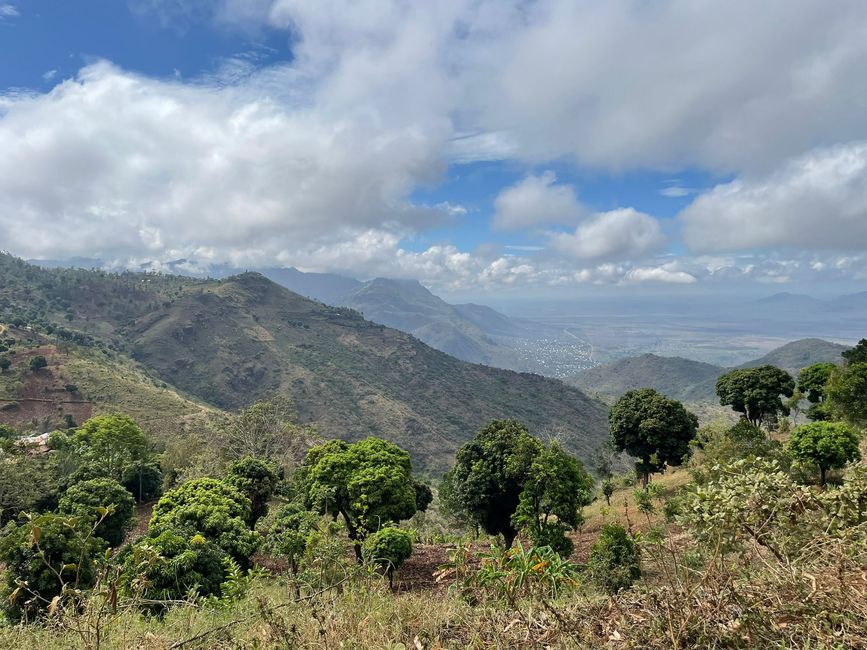
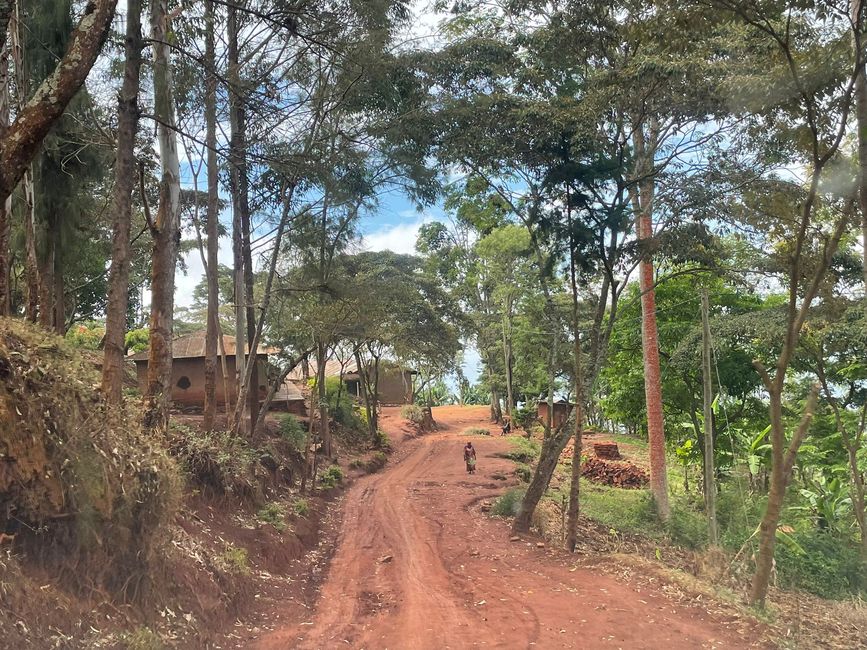
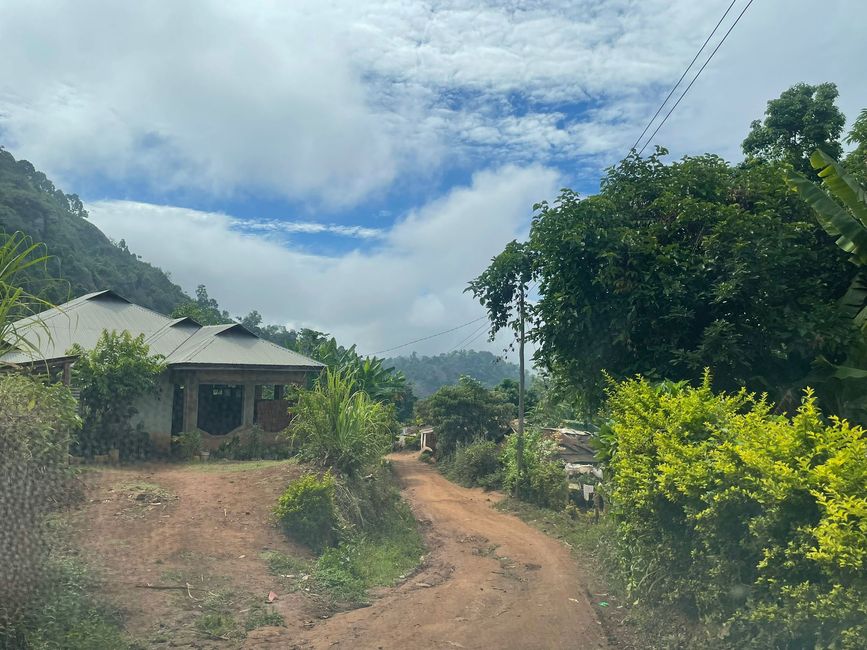
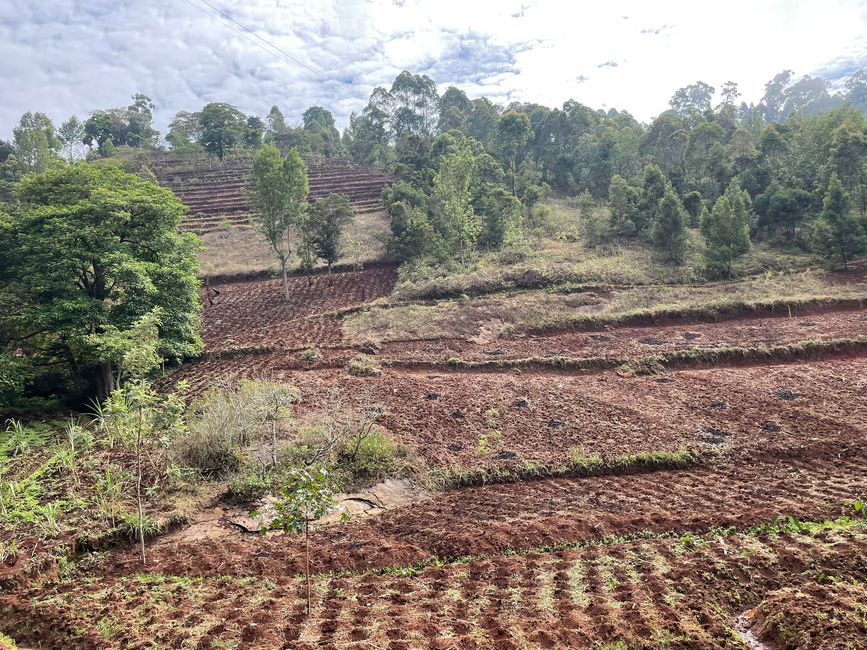
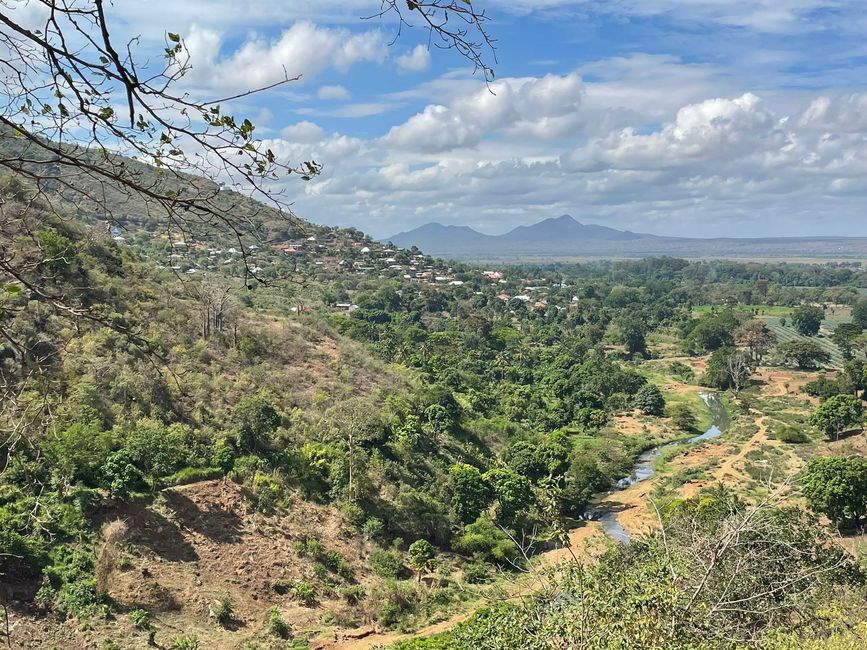
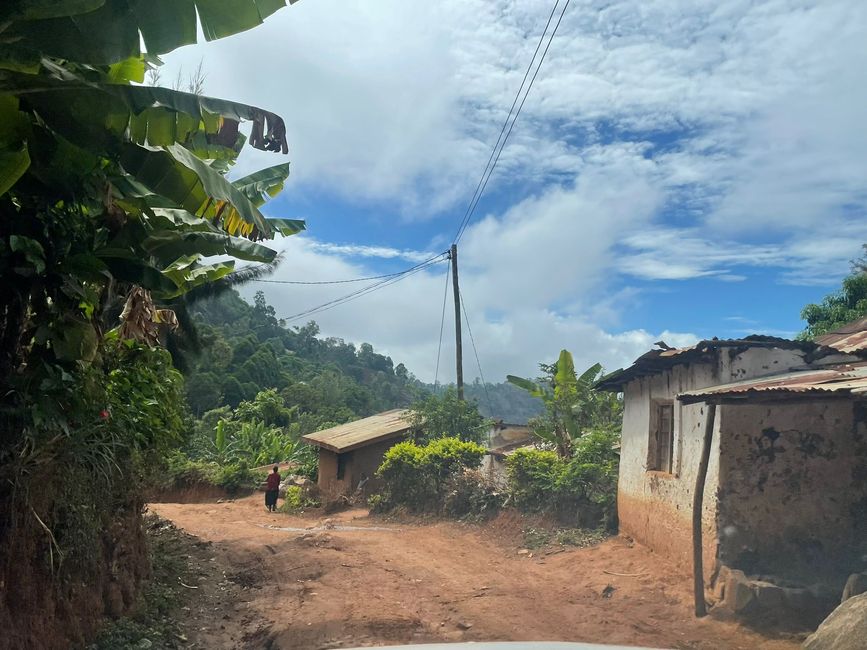
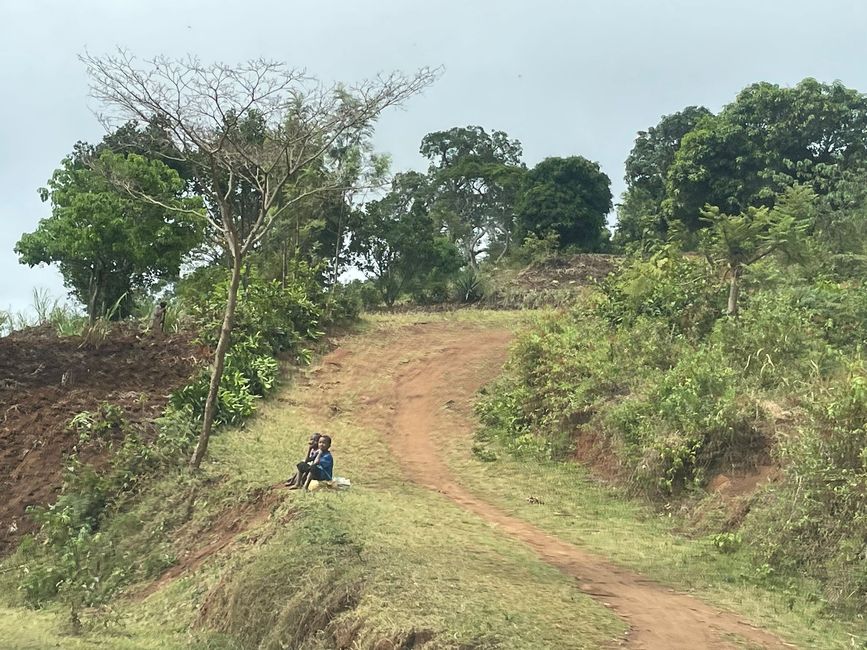
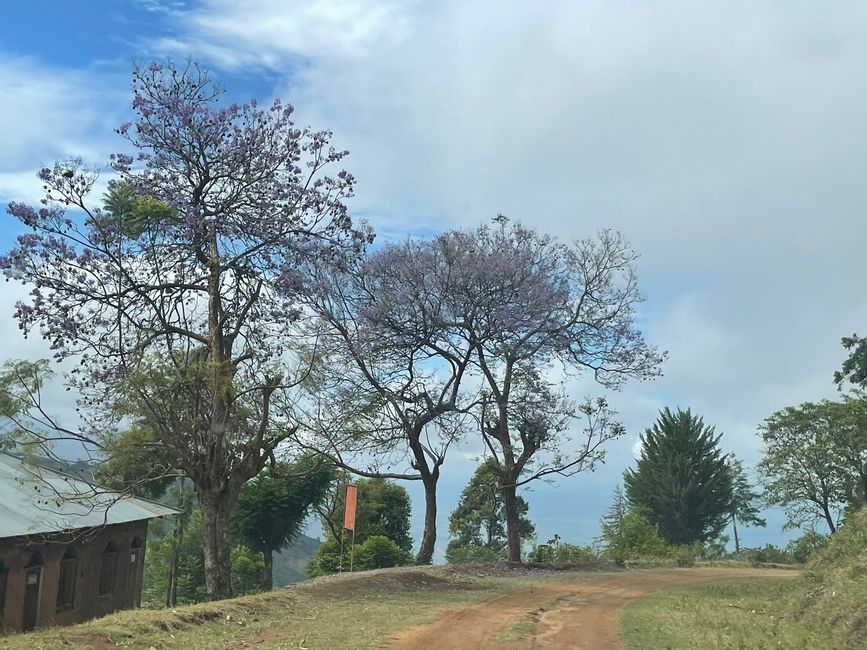
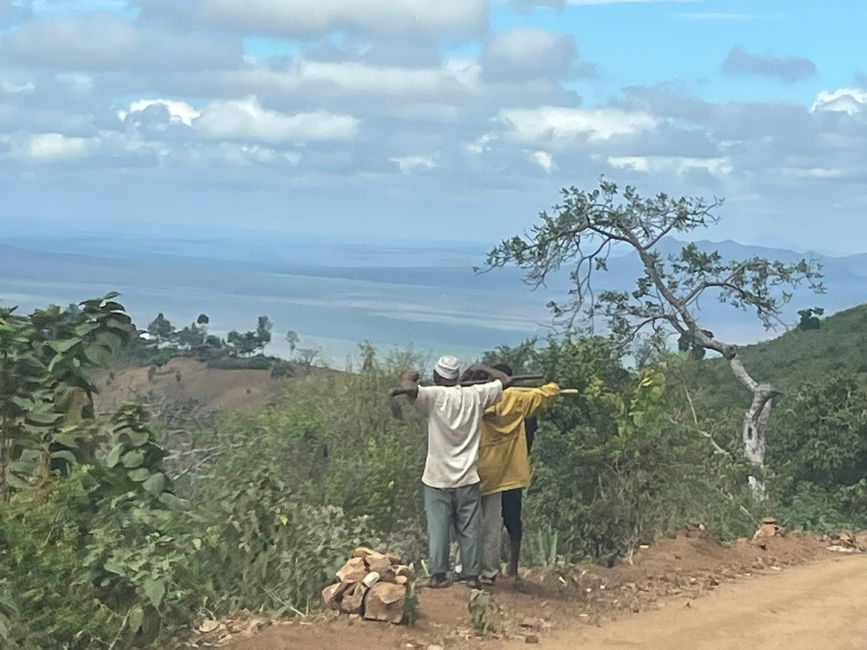
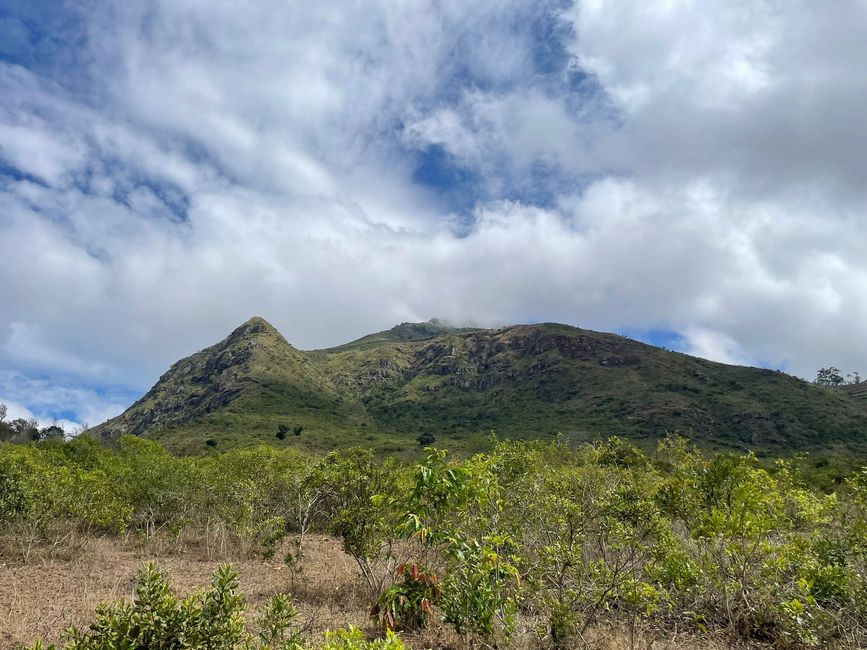
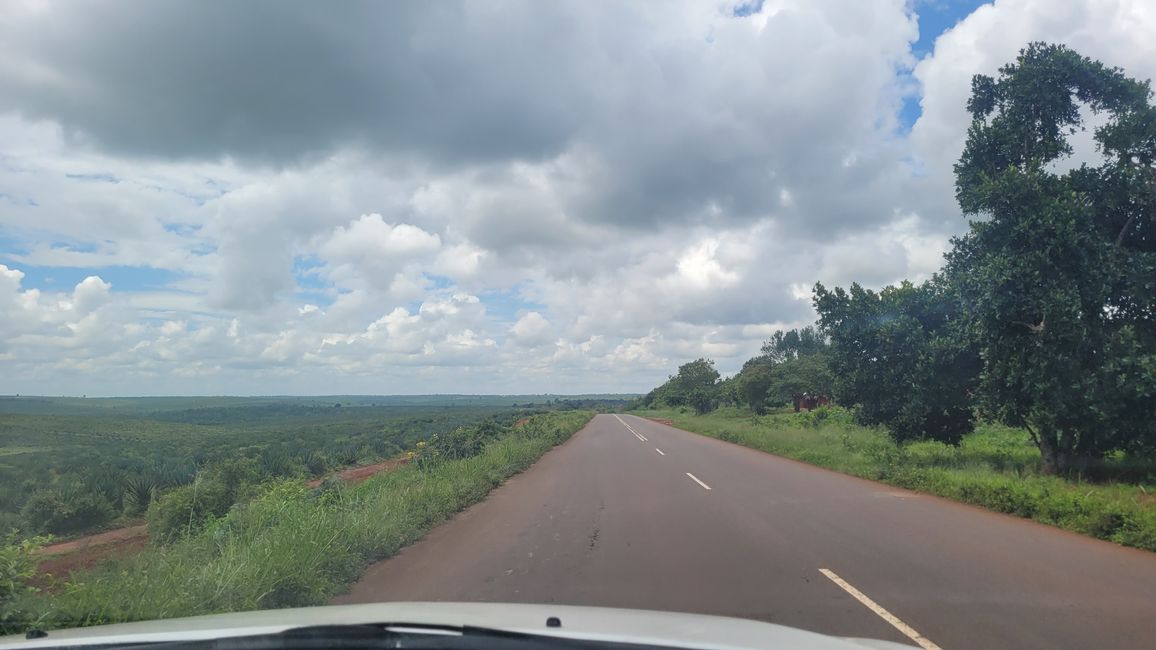
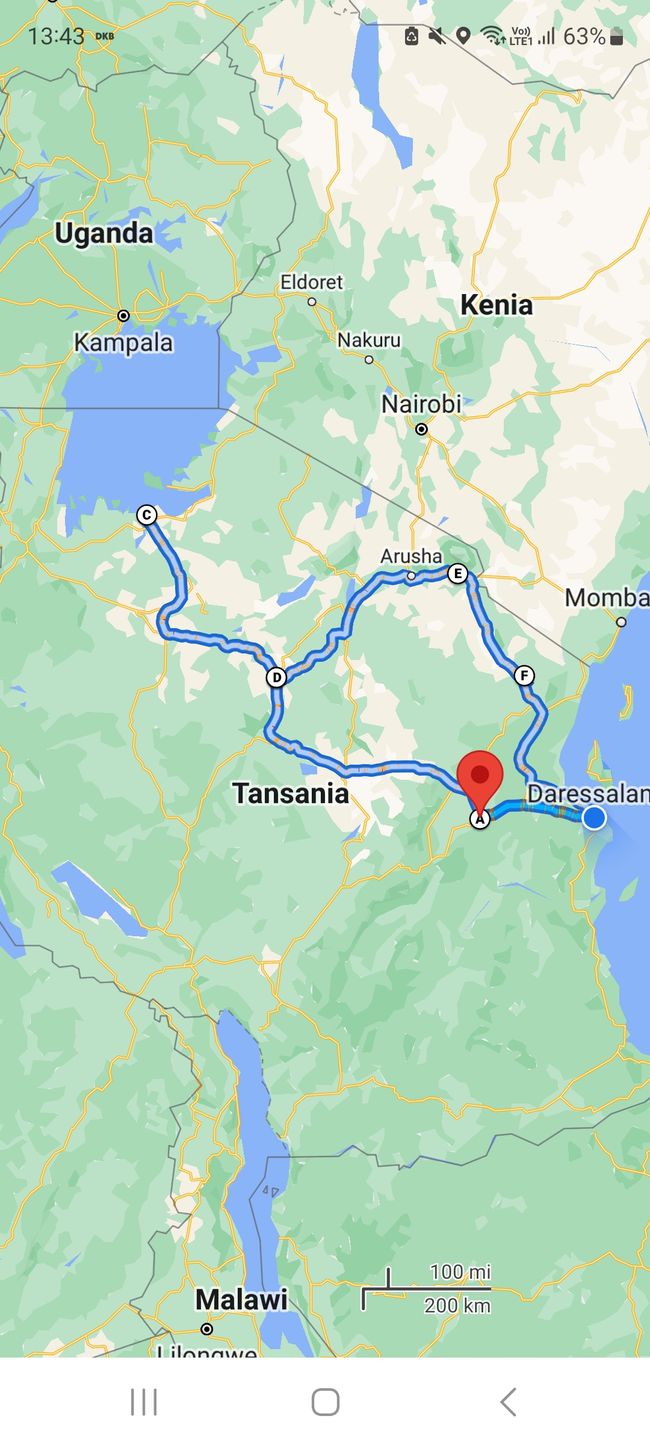
Εγγραφείτε στο Newsletter
On our way back to Dar Es Salaam we made a final stop in Lushoto in the Usambara Mountains. The Usambara Mountains are located in eastern Tanzania, are green all year round and have three rainy seasons. The rainforests in the mountains are 30 million years old and are home to a wide variety of animals. Since we only spent one night in Lushoto, we only saw a few animals, mainly monkeys and birds.
What was most impressive for us were the beautiful views over the mountains, villages and the plains. Our accommodation was a little pearl. We stayed in a converted farmhouse that was really rustically furnished and smelled of a fireplace. We were also treated to a typical African dinner and a delicious breakfast. From our terrace we had a view of the entire village. Since it is cool in the mountains, we didn't need air conditioning for the first time, but rather a warm blanket.
There are two roads leading up to the village of Lushoto, both built by Germans. The current main street was built in 1998 as part of development aid and is completely tarred. The former main street is a dirt road and was built by German colonists in 1895. Today the street is only used by locals. Since we wanted to enjoy the view, we decided to take this route as well, based on our host's recommendation. Since we almost got lost, we resorted to the help of a local motorcycle taxi who showed us the right way by driving ahead. This was also necessary because there are no street signs and neither Google nor MapsMe know the former main street. Along the road we had great views of the landscape and insights into the lives of the villagers. The trees are particularly beautiful with their purple flowers, which always provide splashes of color. Also worth seeing are the thirty buildings that were built by the Germans and are still preserved today. Unfortunately we missed taking photos. The Germans built a village here for two reasons. The first reason is the good climate for coffee plantations. They also used this beautiful piece of land as a recreational area for German colonists, who were able to escape the hot climate in the lowlands.
After leaving the mountains, we reached our starting point, Dar Es Salaam, seven hours later. After almost 2800 km our road trip is now coming to an end and in two days we are flying to Kenya, where we will meet Madlin's parents on Wednesday.
In summary, we can say that we have seen and experienced a lot, but have only traveled to a fraction of the country. Tanzania is huge and we have completely underestimated the size of the country. We are certain that we would like to come back here again at some point to see even more.
Εγγραφείτε στο Newsletter
Απάντηση
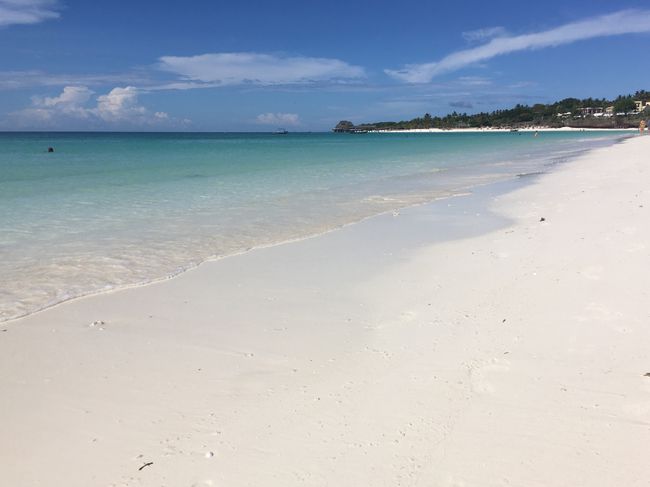
Ταξιδιωτικές αναφορές Τανζανία

